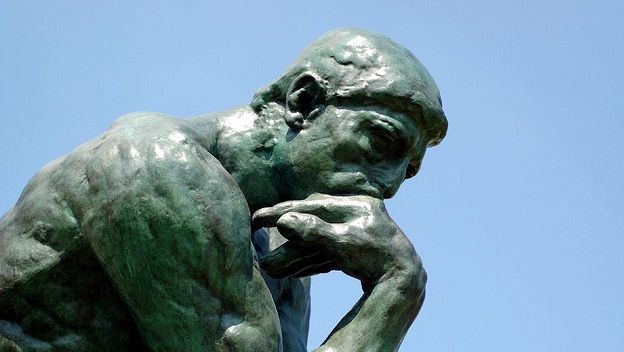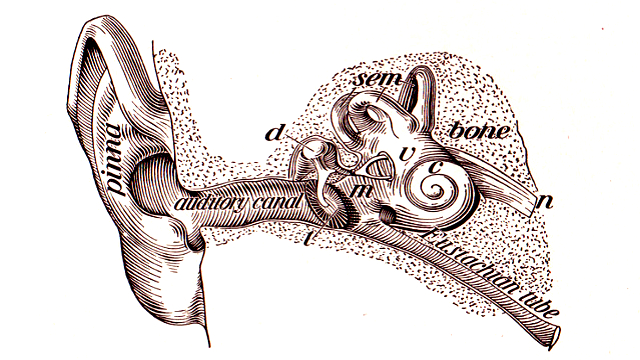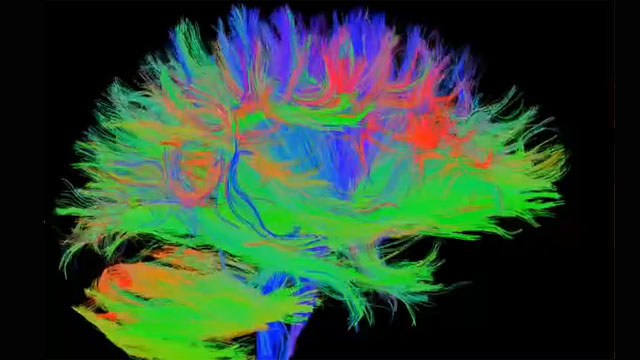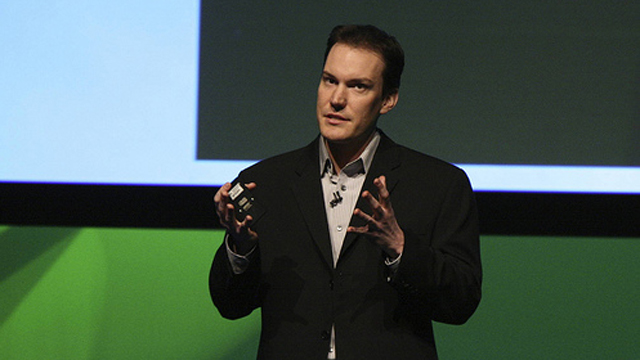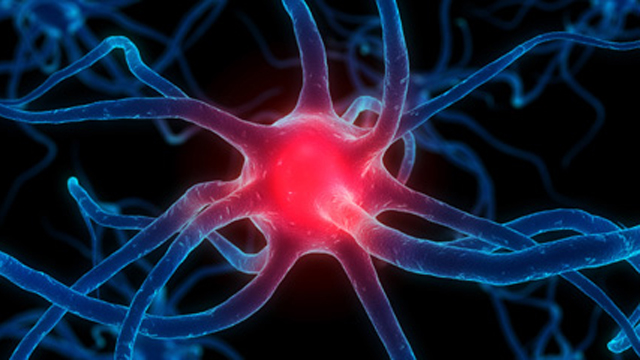Surprising Science
All Stories
How you sit and which hand you wright with may in part determine you political preferences. Recent research reveals that irrational processes account for much of our behavior.
The amygdala, an almond-shaped structure in the limbic system, is where the the brain processes and reacts to frightening stimuli. Because of its mechanism, our emotional responses to situations that feel dangerous are often unconscious.
“People’s willingness to believe or discount scientists depends mostly on ideology, or what a new study’s authors call ‘cultural cognition’.” The Philadelphia Inquirer reports.
“Food is at the center of health and illness and so doctors must make all aspects of it—growing, buying, cooking, eating—a mainstay of their personal lives and practices.”
“Knowledge is fleeting. Knowing how to think and behave is what endures.” The Frontal Cortex defends standardized tests as a way to measure intelligence metrics that matter.
“M.I.T. biological engineers have found a way to convert carbon-dioxide emissions to useful building materials, using genetically altered yeast.”
In a special Big Think conversation arranged by Discover magazine and published online today, Dr. Antonio Damasio, a behavioral neurobiologist at the University of Southern California speaks with novelist Siri […]
“Talking about nature and nurture as separate, clear-cut forces is far adrift from the complexities of developmental science.” The New Scientist on an aging view of development.
A team of consciousness scientists in Wisconsin are exploring new frontiers, “translating the poetry of our conscious experiences into the precise language of mathematics.”
“Malicious activities like virus writing and hacking cost businesses globally more than a trillion dollars per year.” Al Jazeera asks who benefits from such crimes at a hacking conference in Hungary.
“A new report argues that the world has plenty of uranium but needs to make wise choices about what to do with it once its been depleted in a nuclear reactor.”
“People vary in their locations in social networks in part, we think, because there is no one location that is best, for us as individuals or for us as a species.”
Confidence is a trait typically cast as a higher-order function in the brain. It’s at once the act of making a decision, recognizing the decision as thought, and measuring the […]
“How do we use the technologies of computation, statistics and networking to shed light—without killing the magic?” Jaron Lanier asks if digital classrooms are good for education.
A small dose of Prozac has been found effective at treating the physical and mental pains of premenstrual syndrome and could be widely available within two years, The Independent reports.
“The next X PRIZE competition, the Google Lunar X PRIZE, is offering $60 million to land a robotic rover on the moon and use it to complete certain objectives.”
How is it that we’re able to focus on a distant conversation while ignoring the person who is speaking right in front of us? Tony Zador, a neuroscientist at Cold Spring Harbor Laboratory, breaks down the brain mechanisms that allow us to have selective auditory attention.
There’s no such thing as a verbatim, facsimile memory, says USC neuroscientist Antonio Damasio. When we reconstruct events in our minds, we are pulling together set sequences of specific details stored in different parts of the brain.
“Positive psychology is a movement in social psychology which attempts to change the way that we think about humans,” explains positive psychology expert Shawn Achor. “Instead of focusing merely on […]
The Boston Globe says more must be done to ferret out conflicts of interest in peer-reviewed journals, which are a key way doctors keep informed of cutting-edge research.
How would a medical audience respond to a lecture that was completely devoid of content, yet delivered with authority by a convincing phony? Overwhelmingly positively…
Harvard psychologist Steven Pinker’s research looks at how language exists in our minds, and how it informs the way we create social relationships.
“Microsoft’s new web browser, IE9, is its most ambitious yet, as the company bids to take on Google Chrome and Firefox.” The Telegraph reviews the browser’s newest edition.
“Aerospace and defense giant Boeing has tossed its hat into the space-tourism ring, announcing that it has agreed to market future rides into Earth orbit to paying customers.”
“The People’s Republic is becoming a technological superpower, but who’s checking the facts?” The New Humanist seeks out the Chinese science cops who fight fabrication and plagiarism.
“The foods you eat often affect how your neurons behave and, subsequently, how you think and feel. From your brain’s perspective, food is a drug.” This is your brain on food.
“Many vital crops capture the sun’s energy in a surprisingly inefficient way. A borrowed trick or two could make them far more productive.” The New Scientist on improving photosynthesis.
“Some robots can already sustain damage and reconfigure themselves, like how our bones heal after we break them. Now others can deceive other intelligent machines and even humans.”
“Women who go through early menopause and cannot have children were offered new hope today after scientists found a way of getting ovaries working again.”
While we consider the ability to ignore distraction crucial to a productive life, recent research shows that creativity is aided by the intervention of seemingly irrelevant occurrences.


